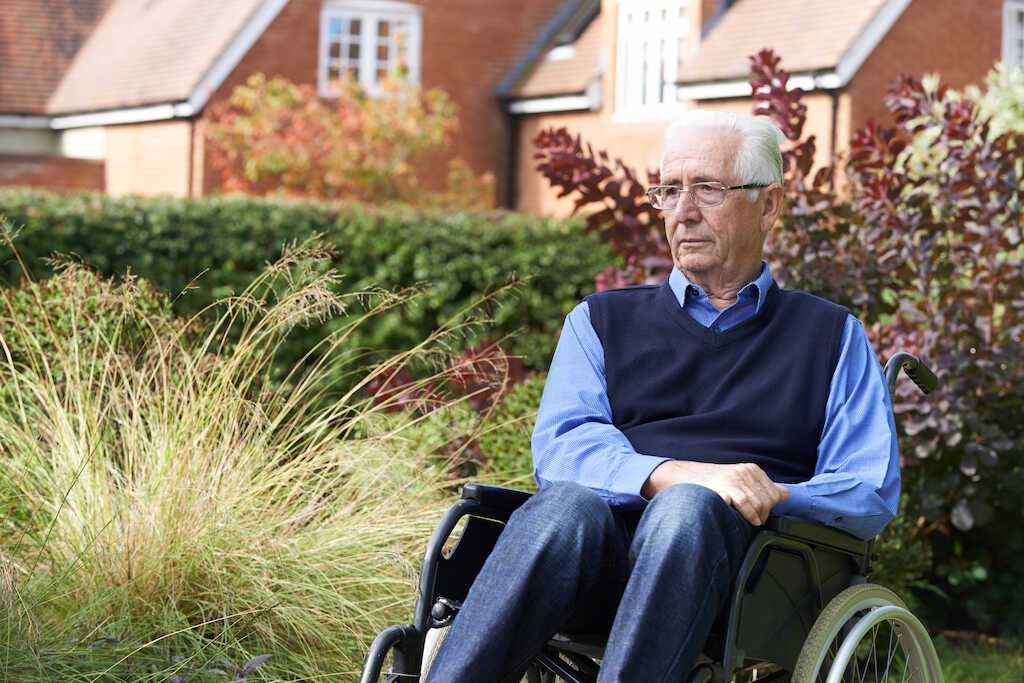It’s no secret that the American population is getting older. In fact, the number of Americans over 65 is expected to increase by over 40 million people by the year 2060. The growth of this population segment means increased demand for things like assisted living facilities and caregivers.
We expect people in the caring profession to keep our loved ones safe and healthy. Unfortunately, elder abuse cases are growing, too. If you want to make sure that your loved one doesn’t have to deal with elder abuse, then you’re probably wondering about how to handle a potential case.
Read on to learn what to deal with an elder abuse case.
1. Spend Time with Your Loved One
If you want to ensure that your loved one isn’t impacted by elder abuse, it’s important to spend time with your loved one. Get to know the staff at their assisted living or nursing facility, and don’t be afraid to speak up if you have a concern. Active engagement with the caregivers can help reduce the chances of abuse, and it’ll send up a red flag if something seems off.
2. Familiarize Yourself with the Signs of Elder Abuse
Like any form of abuse, elder abuse does not always have clear and recognizable signs. In fact, some of the signs can be quite subtle. The best way to recognize elder abuse is to do a deep dive into the signs that arise when it’s present.
For example, if your loved one is being physically abused, look for bruising, broken bones, and unexplained injuries. Your loved one might also become withdrawn, and their caregiver may be unwilling to let you have a visit with them alone.
The better you understand the signs, the more likely you’ll be to notice it when it comes up.
3. Understand the Different Forms of Elder Abuse
When we talk about abuse, we expect it to come in the form of physical abuse. That’s not always the case when it comes to elder abuse. There are four main types of elder abuse: neglect, physical, financial, and sexual.
Neglect is one of the most common forms of elder abuse. Elderly people who are neglected may appear to have lost weight, have bedsores, or appear unbathed and disheveled. Neglect often occurs when facilities and caregivers don’t have enough time to properly care for each patient.
Financial abuse is a form of elder abuse that a lot of people don’t stop to think about. This can be everything from stealing money to convincing your relative to change their will or power of attorney.

4. Thorough Documentation Is Key
If you’re concerned about your loved one and think they might be the victim of abuse, then it’s important to document your concerns. For example, if you find unexplained bruising, take photographs of it. Write down the date and note who you talked to, if anyone.
If you receive any communications from the caregivers or the facility, be sure to hang onto that, too. Make sure that your loved one is still visiting the doctor on a regular basis, so physical or sexual abuse doesn’t go unnoticed.
5. Report the Case to the Proper Authorities
If you think someone is going on, don’t hesitate to reach out to the proper authorities to ensure your loved one isn’t being abused. If you’re working with a facility or a caregiver employed by an agency, then start by reaching out to their boss or the higher-ups at the facility.
If you can’t make any headway there, or if you feel like you need immediate help, you can contact local law enforcement or social services. In Wisconsin, reporting suspected elder abuse is as simple as filling out a report on the Respect Your Elders website.
6. Get Your Loved One to Safety
If you feel like your loved one is no longer safe in a particular facility or with a caregiver, then your next step is to help them to safety. Find a new facility or caregiver for them if they cannot stay with you. Ask around for recommendations if you aren’t sure which direction to go.
Don’t be afraid to ask for recommendations from people you trust. You don’t want to have your loved one land in the same situation all over again.
7. Hire an Attorney Experienced in Elder Abuse Cases
Did you know that there’s an area of law that deals specifically with the elderly and their protection? Elder law is a growing body of law that was developed to address the needs of our aging population.
If you suspect that your loved one has experienced some form of abuse, then it’s important to speak with an elder abuse attorney to learn what your options are, and how you can put a stop to it. They can also help your loved one receive compensation for the abuse that they suffered.
Are You Concerned About Elder Abuse Issues?
Our elders worked hard throughout their lives to be able to enjoy their golden years. Sadly, studies show that two out of three elder care workers have committed some form of elder abuse in the past year. Even though elder abuse cases are on the rise, that doesn’t mean your loved ones have to be part of these statistics.
Do you suspect that your loved one experienced elder abuse at the hands of their caregivers? It’s important to seek out an experienced elder abuse attorney to help you navigate your options. Contact us today to learn how we can help you.
